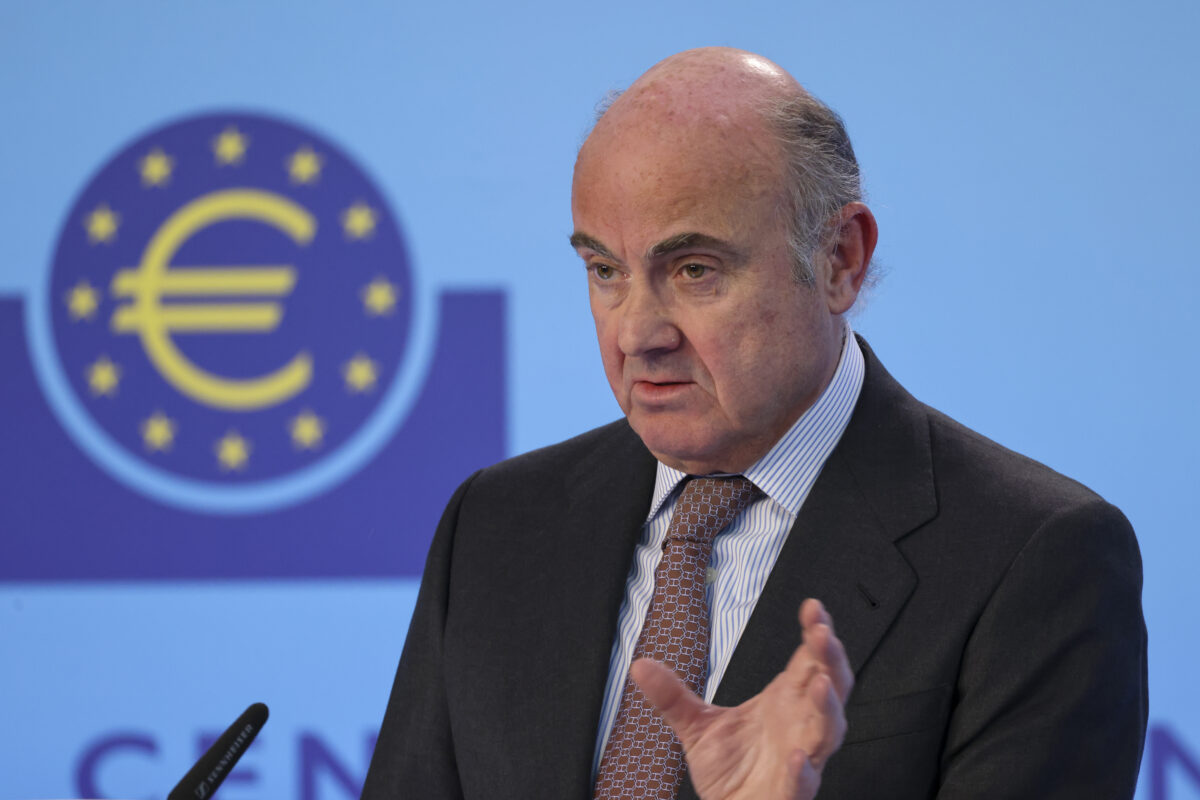Das Verbrauchervertrauen der Uni Michigan (1.Veröffentlichung für Juni) ist mit 86,4 besser ausgefallen als erwartet (Prognose 84,0; Vormonat war 82,9).
Die Einschätzung der aktuellen Lage liegt bei 90,6 (Vormonat war 89,4)
Die Konsumentenerwartung liegt bei 83,8 (Vormonat war 78,8)
Die Inflationserwartungen für die nächsten fünf Jahr liegen bei +2,8% (Vormonat war +3,0%)
Dazu schreibt Richard Curtin, der die Umfrage verantwortet:
„Consumer sentiment rose in early June, recouping two-thirds of May’s loss. The early June gain was mainly among middle and upper income households and for future economic prospects rather than current conditions. Stronger growth in the national economy was anticipated, with an all-time record number of consumers anticipating a net decline in unemployment. Rising inflation remained a top concern of consumers, although the expected rate of inflation declined in early June. Spontaneous references to market prices for homes, vehicles, and household durables fell to their worst level since the all-time record in November 1974 (see the chart). These unfavorable perceptions of market prices reduced overall buying attitudes for vehicles and homes to their lowest point since 1982. These declines were especially sharp among those with incomes in the top third, who account for more than half of the dollar volume of retail sales. Fortunately, in the emergence from the pandemic, consumers are temporarily less sensitive to prices due to pent-up demand and record savings as well as improved job and income prospects. The acceptance of price increases as due to the pandemic, makes inflationary psychology more likely to gain a foothold if the exit is lengthy. While expansive monetary and fiscal policies are still warranted, the accompanying rise in inflation will cause uneven distributional impacts. Those impacts have already been noticed in June among the elderly and lower income households. A shift in the Fed’s policy language could douse any incipient inflationary psychology, it would be no surprise to consumers, as two-thirds already expect higher interest rates in the year ahead.“
Kommentare lesen und schreiben, hier klicken












